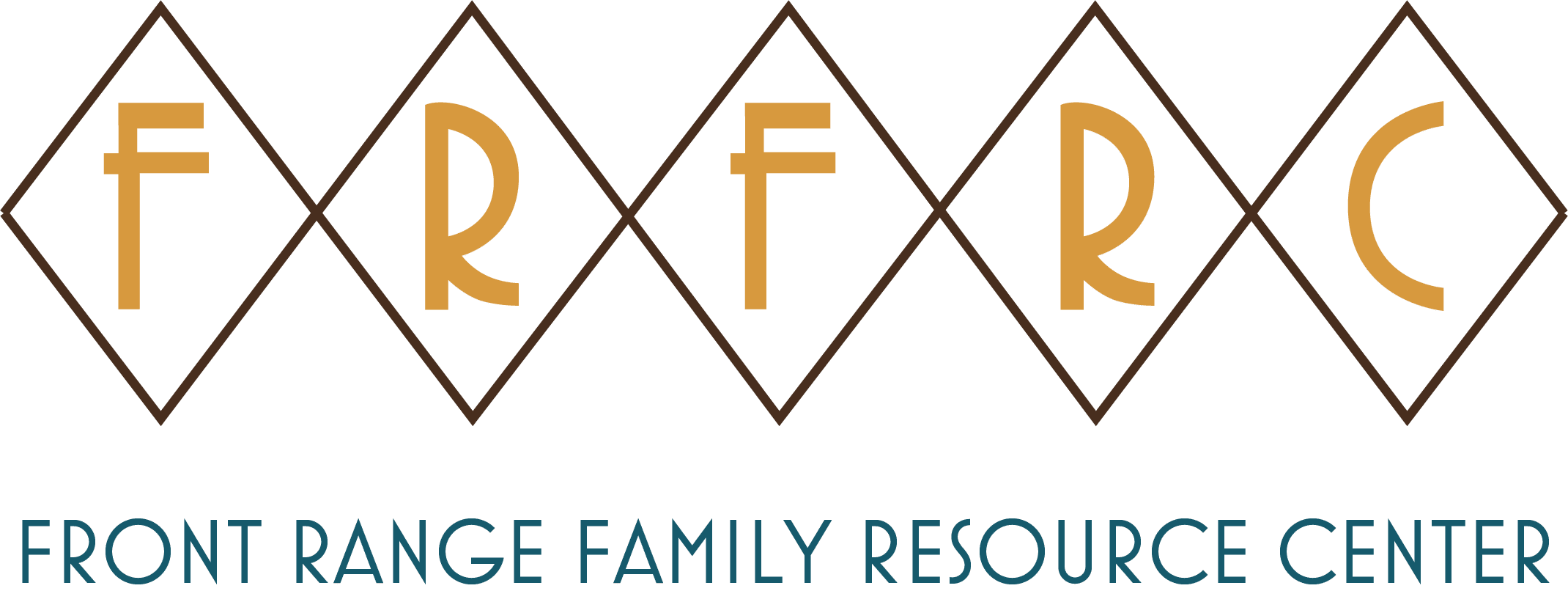Dreams have long been regarded as windows into our unconscious, offering profound insights and reflections that can illuminate mental blockages and promote mental stability. At Front Range Family Resource Center (Front Range FRC), we recognize the therapeutic potential of exploring these images in understanding and overcoming challenges.
Understanding as Tools for Insight
Dreams often present symbolic imagery and narratives that reflect our inner thoughts, emotions, and conflicts. When we pay attention to these dream symbols and themes, we can uncover unconscious patterns and gain clarity on issues that may be causing mental blockages.
The Role of Dreams in Mental Stability
Dreams can serve several crucial roles in promoting mental stability:
- Processing Emotions: Dreams provide a safe space to process intense emotions that may be difficult to confront consciously. By exploring dream content, individuals can gain emotional release and relief.
- Problem Solving: Dreams often present creative solutions to waking-life problems. The symbolic nature of dreams encourages lateral thinking and new perspectives on challenges.
- Self-Reflection: Dreams offer opportunities for self-reflection and introspection. They can reveal hidden fears, desires, and unresolved conflicts that impact mental well-being.
Creating Associations to Dream Images
Rather than taking these images literally, it’s beneficial to create associations to dream images and symbols. Here are some suggestions to explore dream imagery:
- Journaling: Keep a dream journal to record dreams immediately upon waking. Describe the emotions, characters, and settings present in the dream. Write the dream at least three times.
- Reflect and Interpret: Reflect on the feelings and associations that arise from dream symbols. Consider what each symbol might represent metaphorically or emotionally in your waking life.
- Engage in Dialogue: Discuss dreams with a therapist or trusted individual. Verbalizing dream content can deepen understanding and provide external perspectives.

Practical Suggestions for Dream Exploration
- Mindful Awareness: Practice mindfulness techniques before sleep to enhance dream recall and awareness upon waking.
- Symbolic Analysis: Use resources such as dream dictionaries or symbolic guides to interpret common dream symbols. However, remember that personal associations to symbols are most meaningful.
- Integration into Therapy: Incorporate dream analysis into therapeutic sessions at Front Range FRC. Our counselors are trained to help clients explore dreams as a tool for personal growth and healing.
Embracing the Journey of Self-Discovery
Dreams offer a unique pathway to explore the depths of our subconscious mind. At Front Range Family Resource Center, we encourage individuals to embrace the journey of self-discovery through analysis. By engaging with dream imagery and symbols, clients can gain valuable insights that support mental clarity and stability.
Conclusion
Dreams are more than fleeting images of the night; they are profound reflections of our inner world. By tapping into the wisdom of these images and creating meaningful associations to dream imagery, individuals can unlock mental blockages, gain insight into their mental health, and foster greater stability in their lives.
If you’re curious about exploring the therapeutic benefits of dreams or need support in understanding dream symbolism, reach out to Front Range FRC. Our compassionate team is here to guide you on your journey toward mental well-being.
Contact us today to see which provider can support your dream analysis.
